¤ 10 minutes Read
Champhai
A complete tourist and cultural guide
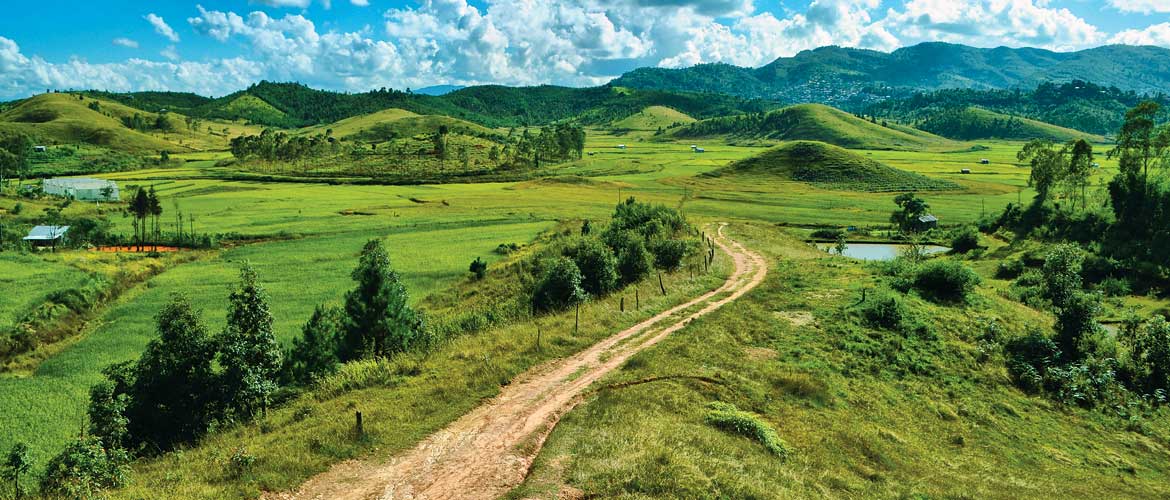
Champhai is a picturesque town located in the northeastern state of Mizoram, India, near the Indo-Myanmar border. Often called the “Rice Bowl of Mizoram,” Champhai is known for its vast paddy fields, rolling hills, and pleasant climate. The town offers breathtaking views of the Myanmar hills and serves as an important commercial hub for cross-border trade
Must-Visit Attractions in Champhai
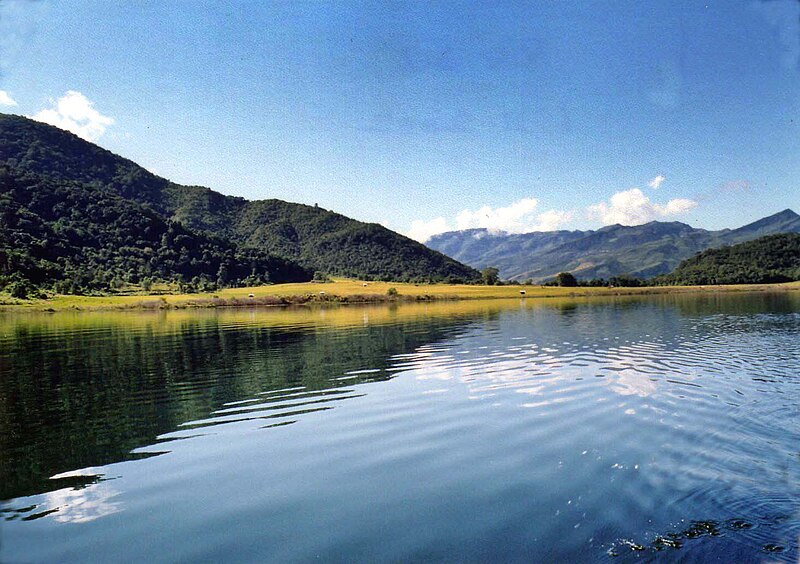
Reh Dil
Located on the Indo-Myanmar border, Rih Dil is a heart-shaped lake surrounded by lush hills.

Lengteng Wildlife Sanctuary
It is home to a variety of flora and fauna, including rare species. It is a paradise for nature lovers.
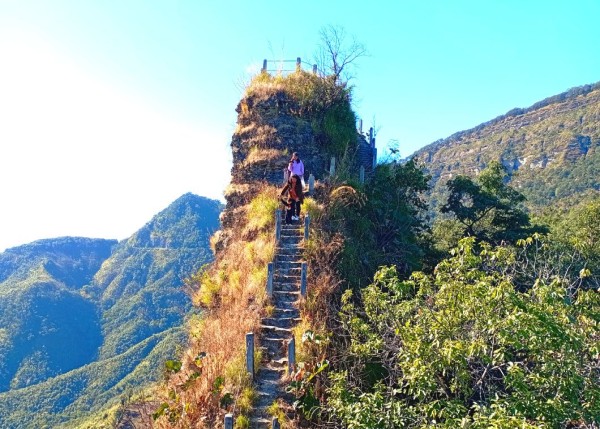
Thasiama Seno Neihna
Thasiama Seno Neihna offers breathtaking panoramic views of the surrounding valleys and hills.
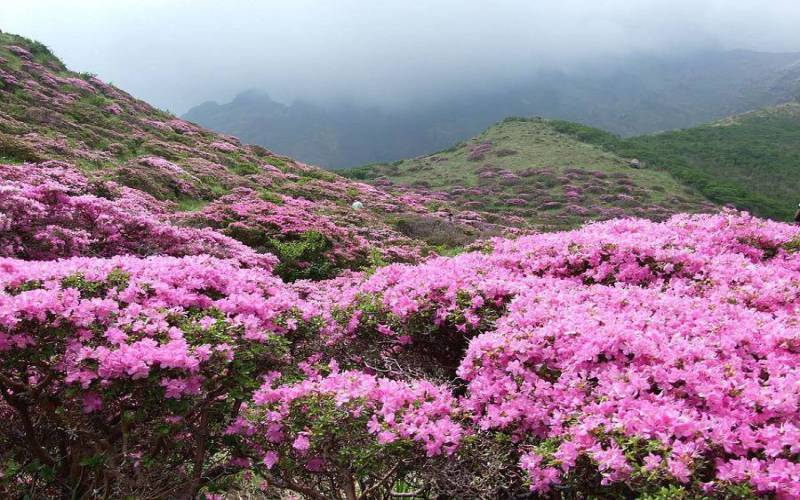
Murlen National Park
Often called the “Virunga of Mizoram,” Murlen National Park is known for its rich biodiversity and dense forests.
Major Attractions Nearby Champhai
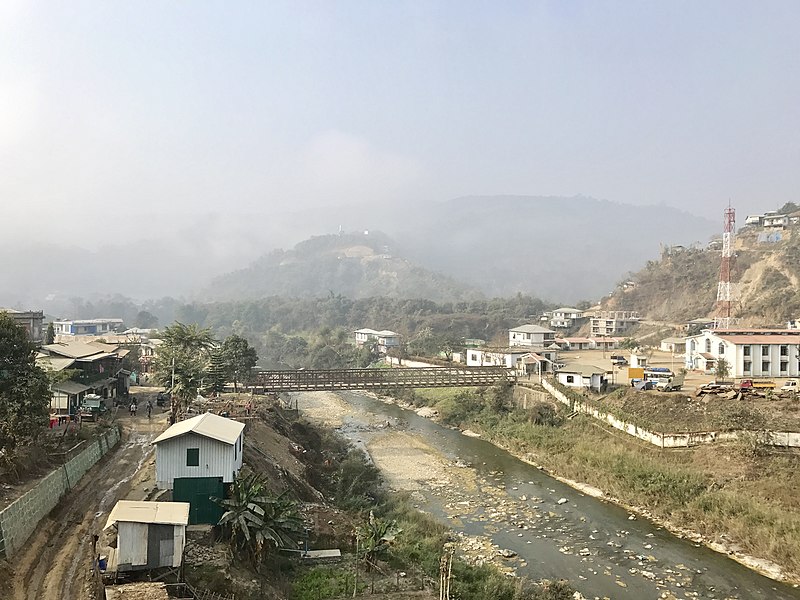
Zokhawthar
Located about 28 km from Champhai, Zokhawthar is a charming border village, marking the boundary between India and Myanmar

Vangchhia
About 40 km from Champhai, Vangchhia is an archaeological site featuring hundreds of ancient stone monuments.
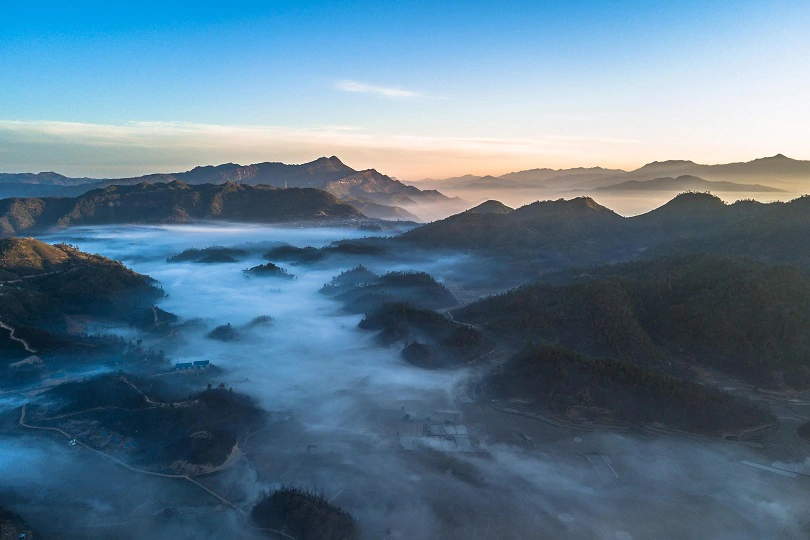
Phawngui peak
Situated around 70 km from Champhai, Phawngpui is the highest peak in Mizoram and a sacred site for the local community.
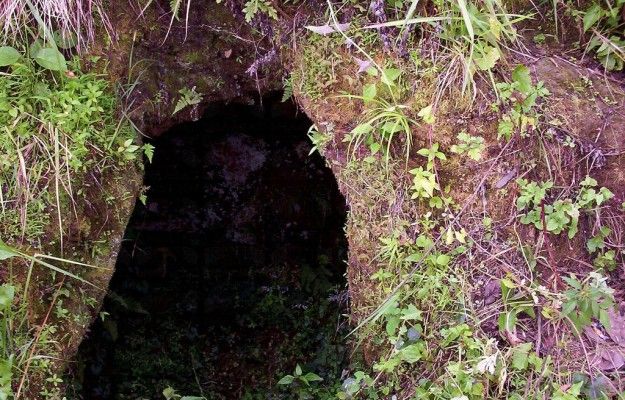
Mura puk
Located near Zote village, about 10 km from Champhai, Mura Puk is a cluster of natural caves surrounded by dense forests.
Things to do in Champhai
Experience the spiritual, cultural, and historical essence of the city.
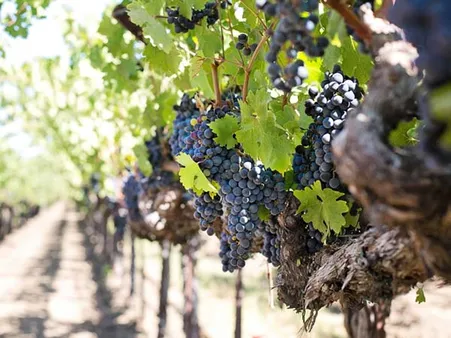
Explore the vineyards
Champhai is known for its thriving grape cultivation and local wine production.

Trek through scenic trails
Surrounded by hills, valleys, and dense forests, Champhai offers excellent trekking opportunities.
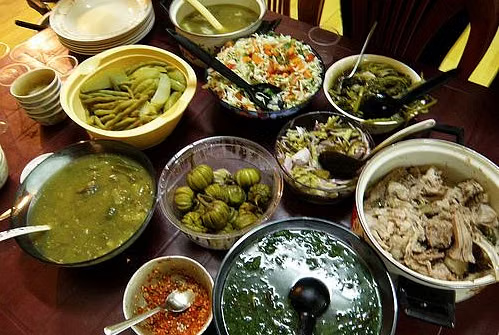
Experience local culture
You can explore traditional markets, interact with locals, and shop for handmade bamboo and cane crafts
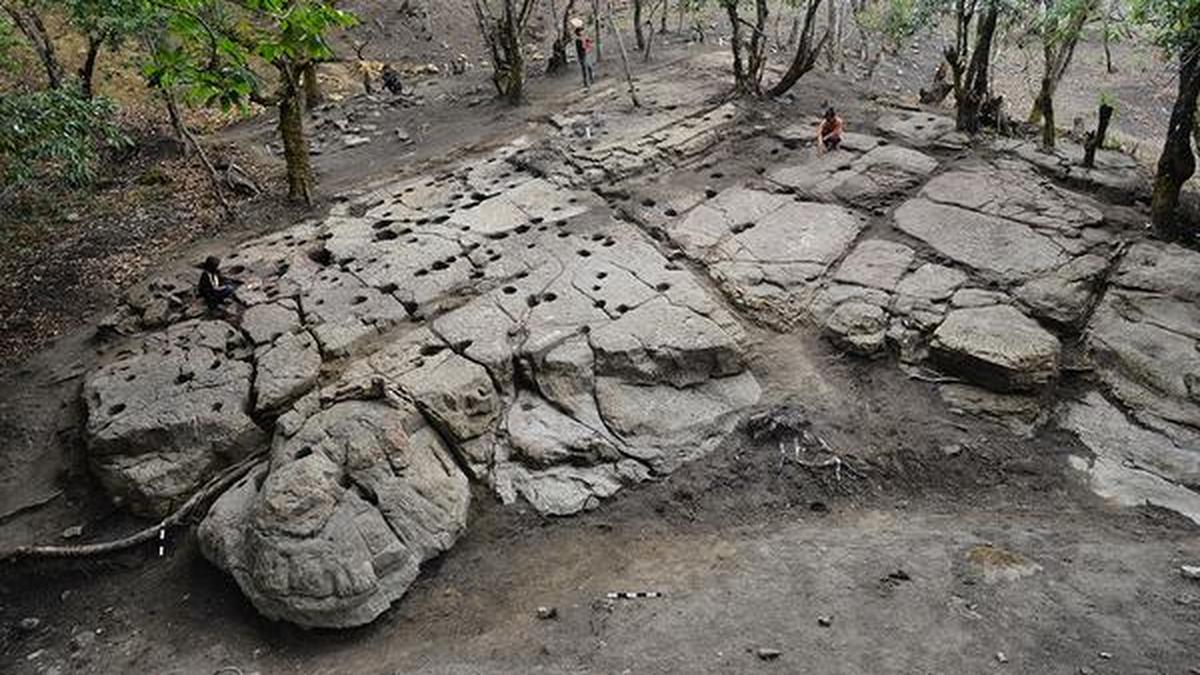
Visit historical places
Exploring places scattered across the region offers a glimpse into Mizoram’s deep-rooted traditions.
The Performing Art of Champhai
The performing arts of Champhai beautifully reflect the rich cultural heritage and traditions of the Mizo people. Music, dance, and folk performances are an integral part of the community’s daily life and celebrations. These art forms often depict stories of bravery, love, harvest, and social unity, passed down through generations. Performances are marked by rhythmic movements, expressive gestures, and harmonious songs that bring people together during festivals and gatherings
Tlawng
Dar
Chiang
Tlawng, is a popular vocal style, often performed during festivals and social gatherings, featuring expressive storytelling through song. Dar, is a rhythmic folk music form accompanied by traditional instruments, used to celebrate community events and harvest festivals. Chiang, a melodic style that blends soft vocals with gentle percussion, typically performed to convey emotions.
Cheraw
Khuallam
Chheih Lam
Cheraw, often called the “bamboo dance,” where dancers skillfully move between clashing bamboo poles in rhythm with music. Khuallam, is a ceremonial dance performed during festivals and social gatherings, characterized by graceful movements. Chheih Lam, a folk dance that tells stories of daily life, love, and nature, accompanied by singing and traditional instruments.

City Vibes
Champhai carries a unique blend of calm countryside charm and subtle city vibes. Though it’s surrounded by lush hills and serene landscapes, the town has a lively rhythm of its own. Bustling local markets, small cafés, and friendly street corners give it a warm, community-driven feel
Heritage of Champhai
The heritage of Champhai is deeply rooted in the traditions, legends, and lifestyle of the Mizo people. It reflects a blend of history, culture, and age-old customs that have been preserved through generations. The town and its surrounding villages are home to ancient monuments, stone relics, and folklore that tell stories of the region’s past and its people’s resilience.
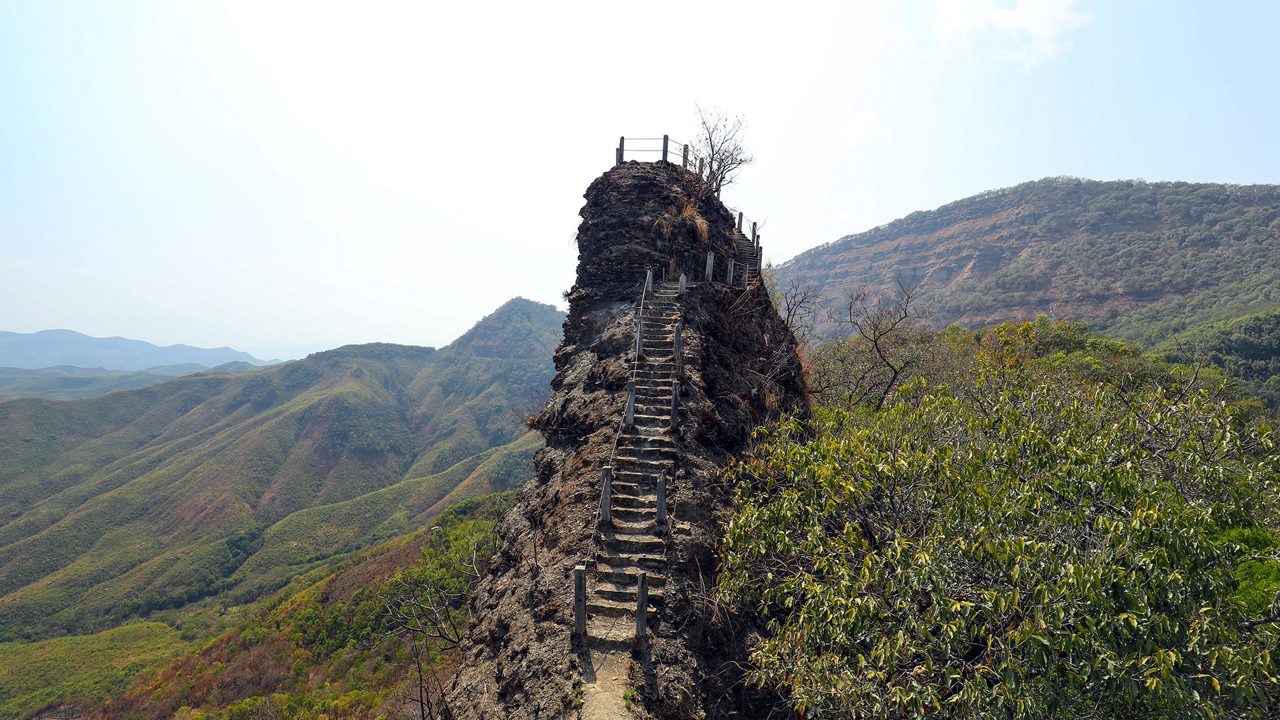
Cuisine of Champhai
Champhaii is a paradise for food lovers, offering a variety of traditional delights.
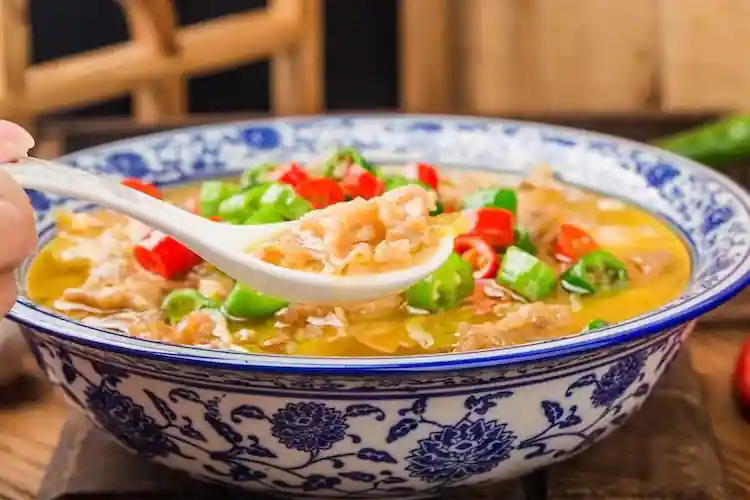
Bai
Bai is a healthy and comforting preparation made by boiling vegetables with fermented soybean, bamboo shoot, or meat.
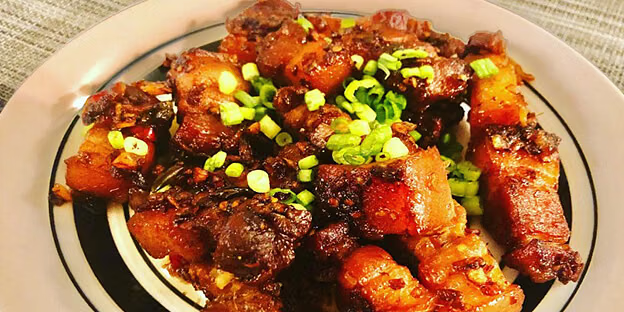
Vawksa Rep
Vawksa Rep consists of smoked pork cooked with local herbs and spices. The smoky aroma make it a favorite among locals
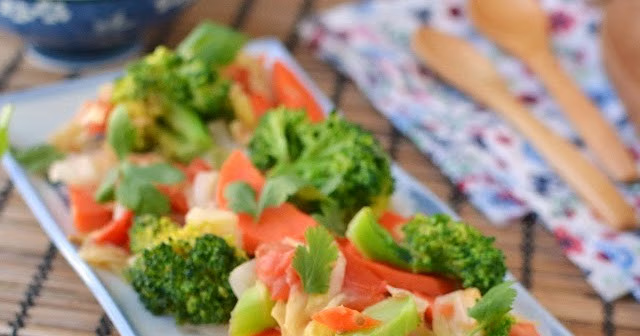
Chhum Han
This is a simple and nutritious dish made by steaming or boiling a mix of vegetables, often seasoned lightly local condiments.
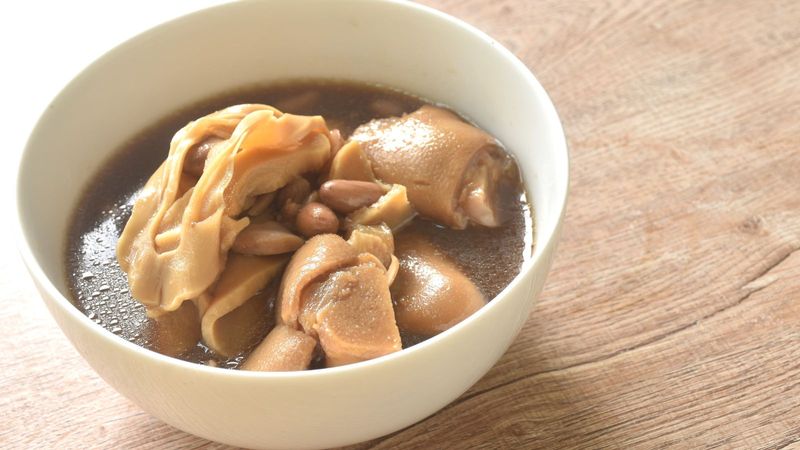
Bamboo shoot curry
Bamboo shoot curry is prepared with fresh or fermented bamboo shoots cooked along with meat or vegetables.
Shopping in Champhai
Shopping in Champhai offers a vibrant mix of tradition and craftsmanship.
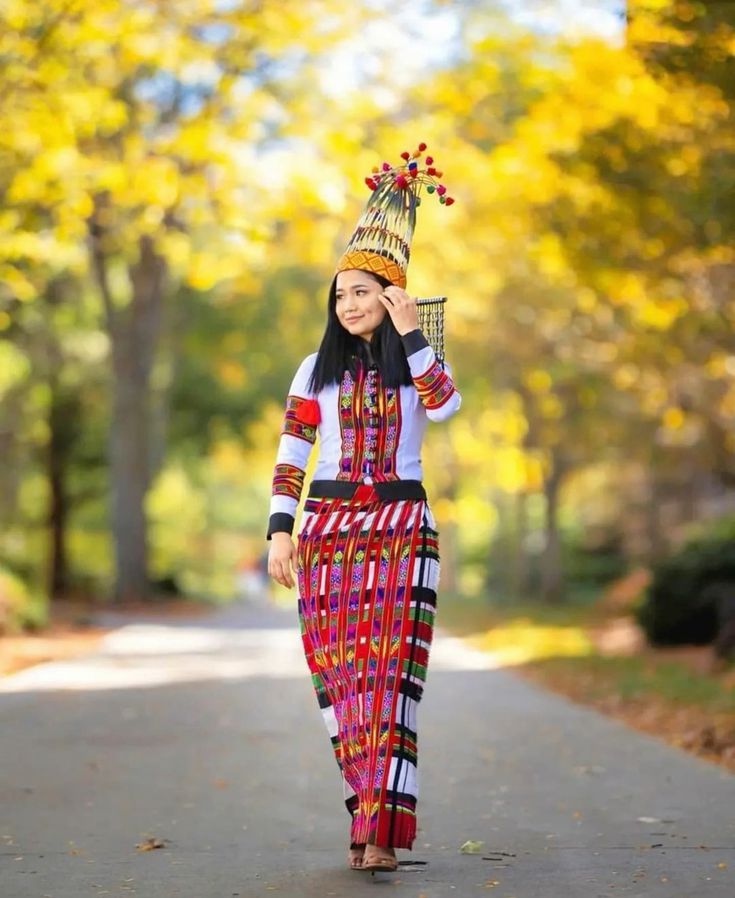
Traditional Mizo Texties
The intricate patterns and vibrant designs reflect Mizo culture, making them meaningful and locally made gifts.
Local spices
Champhai’s markets offer a variety of aromatic spices and herbs. These ingredients bring the authentic flavors of Mizo cuisine.
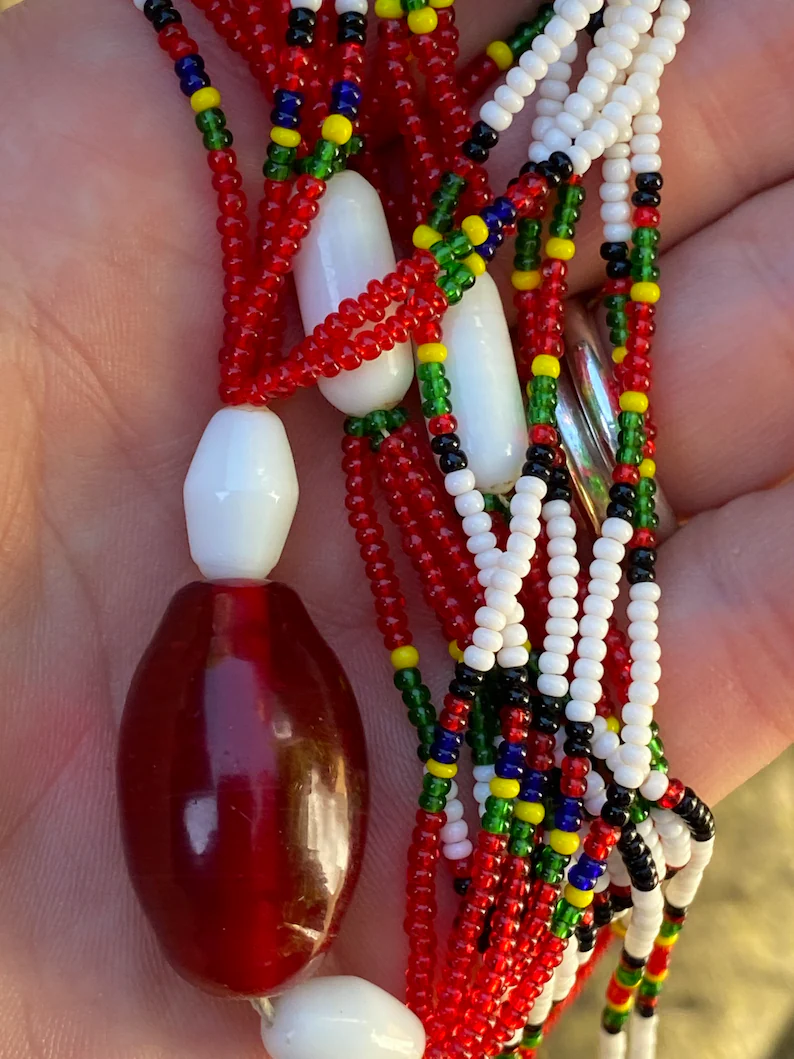
Handmade Accessories
Locally crafted jewelry made from beads, wood, and natural materials adds a touch of traditional charm.
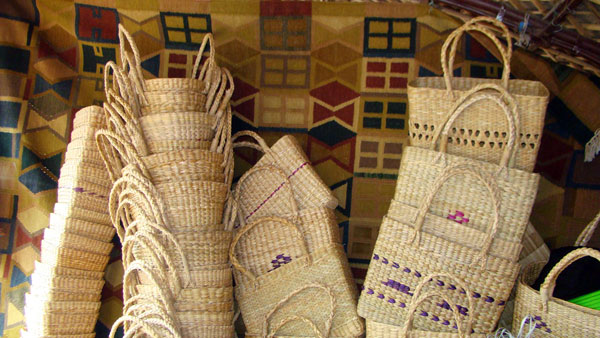
Local Handicraft
Champhai is known for its beautifully handcrafted bamboo and cane products, including baskets, trays, lamps, and home décor items.
Tourist's Handbook
The best season to visit Champhai is during the autumn and winter months, from October to March, when the weather is cool, pleasant, and ideal for sightseeing. During this time, the skies are clear, offering breathtaking views of the surrounding hills, valleys, and landscapes. The temperature remains comfortable for outdoor activities like trekking, exploring vineyards, and visiting cultural or historical sites.
Carry valid ID and permits – Since Champhai is close to the Indo-Myanmar border, always carry proper identification and any required permits.
Travel in groups or with a guide – For trekking or exploring remote areas, it’s safer to travel with companions or local guides.
Stay aware of weather conditions – Check weather updates before planning outdoor activities, especially during the rainy season.
Respect local customs – Dress modestly and follow cultural norms to maintain respect and avoid misunderstandings.
Keep emergency contacts handy – Note down local police, hospital, and transport contacts in case of any emergency.
Getting around Champhai is relatively easy, though the town maintains a relaxed and small-town charm. Local transportation primarily includes taxis, auto-rickshaws, and shared jeeps, which are convenient for short distances within the town. For exploring nearby villages or scenic spots, hiring a private cab or using local tour services is recommended, as public transport options can be limited.
Overcharging by taxis or local transport – Some drivers may quote inflated fares to tourists unfamiliar with local rates.
Fake guides or unofficial tour operators – Hiring guides without proper verification can lead to misinformation or unnecessary charges.
Counterfeit products in markets – While shopping, be cautious of imitation handicrafts, textiles, or souvenirs sold at premium prices.
Online or digital payment scams – Be careful when making payments through unfamiliar apps or to unknown sellers.
Varanasi Blogs
- Uttar Pradesh Cultural guide
- Places to visit in Varanasi
- Places to visit nearby Varanasi
- India’s most popular destination
- India’s archaeological marvels
Recommended articles
- Uttar Pradesh Cultural guide
- Places to visit in Varanasi
- Places to visit nearby Varanasi
- India’s most popular destination

